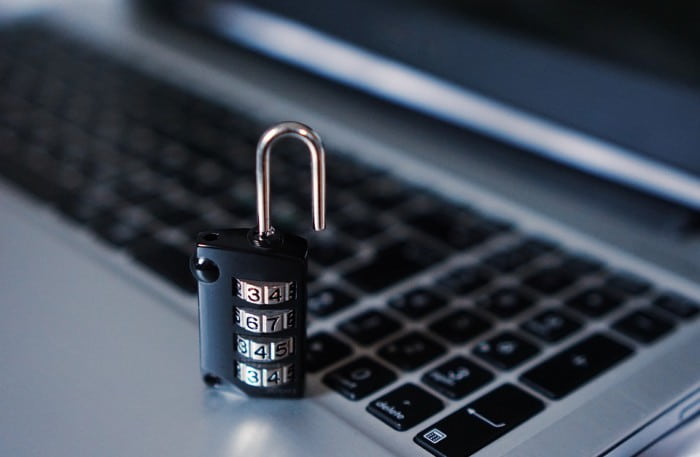
When it comes to getting a completely unhackable Drupal website, there is no unerring way. You could always come across a situation that you are not aware about at all. However, there are some ways that can help eliminate the risks of getting a website hacked. This blog lists down some popular ways in which Drupal websites get unauthorized access. Listed below are some of the best measures that you can take to prevent your website from getting hacked.
Drupal Security Advisories
The most reckoned reason Drupal websites face hard times is only because they lag behind Drupal security advisories. It is important to remain updated on the advanced advisories. Security advisories are available for Drupal core & contributed projects that are at the same level of security risk.
It is easier to subscribe for security email list to keep a track of certain things. This can be done by logging in Drupal.org and editing the user profile. Here, you can opt for the security newsletter on the newsletter tab. After this, you will soon get a mail with the list of Drupal security advisories that are open for the public. This offers a quick notification about the available issues that are required to be resolved.
The “Update Status” module allows in viewing the websites that are impacted by such advisories. Security alerts are sent to the subscriber’s email address. In general, Drupal security advisories are released on 3rd Wednesday of month until and unless it’s a serious update that requires to be mended at the earliest.
Drupal hosting firms like Acquia and Pantheon have started implementing the security stream to the codebase.
Use of SSL/TLS
Unencrypted login makes it easier for hackers to acquire permission or entry to a Drupal website. Websites that come with a strict verification process must use SSL/TLS encryption. It encrypts the communication between client browser & server to make sure that data is transferred all the way. This prevents hackers from spying on an information that is being sent and received directly from the server.
This encoding is required for websites that make use of authentication process. CMS’s like Drupal and WordPress have admin users which are easier to be attempted for unauthorized access if their login information is not protected. It is important that websites taking care of financial data and PIN number make use of SSL/TLS to prevent data from being compromised. A secure connection can be identified easily via placing https:// before starting the URL.
To get SSL certificate for your website, you can opt for a service named, Let’s Encrypt. Hosting services by Pantheon offers SSL certificates. Extended validation (EV) certificate offers additional data about owner of certificate which is placed only in the address. This includes company or country name for which the certificate was issued.
Drupal User Account Security
Password security is yet another measure to prevent Drupal website from getting hacked. The Password Policy contrib module on Drupal comes with a password secured policy that is difficult to decode. To add to the complexity of user’s password, you must insert elements like punctuation, numbers and capitalization.
User Roles And Permissions
User role and permission must be set up properly. On the basis of modules that are installed, there can be extra permission to ensure that the website is completely secured. To ensure that all the configuration options are set up securely and wisely, you must read the entire module README.
It is required to make sure that all the configurations have been set up securely. For each module that is activated, it is required to have optimal permissions for configuration.
Input Filters & Text Format
Input filters are a great way to prevent a Drupal website from getting hacked. Content editors must easily add, edit or upload the content which they require without compromising on the security. Input filters also must be activated in text format to make sure that HTML cannot be deformed.
One of the famous issues Drupal faces is is XSS attack. Cross site scripting attacks allow a hacker to take a control over your server. It is further prevented with proper text format and WYSIWYG settings. The use of HTML as a filter is recommended. It enables the use of specific tags & specific attributes. Without it, your website is open for bots and hackers. Objects like script, iframe, tags should only be used by trusted or secured users.
Third Party Libraries
Integration with 3rd party JavaScript libraries is one of Drupal’s core strengths. However, such libraries are uncovered by Drupal security team. This is the reason they do not get their security advisories like Drupal core and Drupal contrib.
If you do not have a true security advisory, there are increased chances of attacks. There are many third party libraries hosted on GitHub. They also come with release pages that can be followed easily.
Wrapping It Up!
A complete suite of Drupal security requires loads of team efforts. There are multiple options available to make sure that a Drupal website stays secure. So, do not make it easier to steal the information easily for hackers. It has become quite common for websites that are hacked. This leads to a stressful situation both for the company and the users whose data was stolen.
To prevent such situation, it is important to hire Drupal experts who can keep your website secure. Just have a little patience and come up with a Drupal security plan that brings success in the long run.
Author bio:
Clyde Ray is an expert Drupal developer working with htmlpanda, a renowned custom Drupal web development company. He has immense experience working with Drupal security modules and extensions. Till date, he has delivered many successful projects that are recognized globally. His write-ups include a reflection of his thoughts and expertise in a particular domain.
